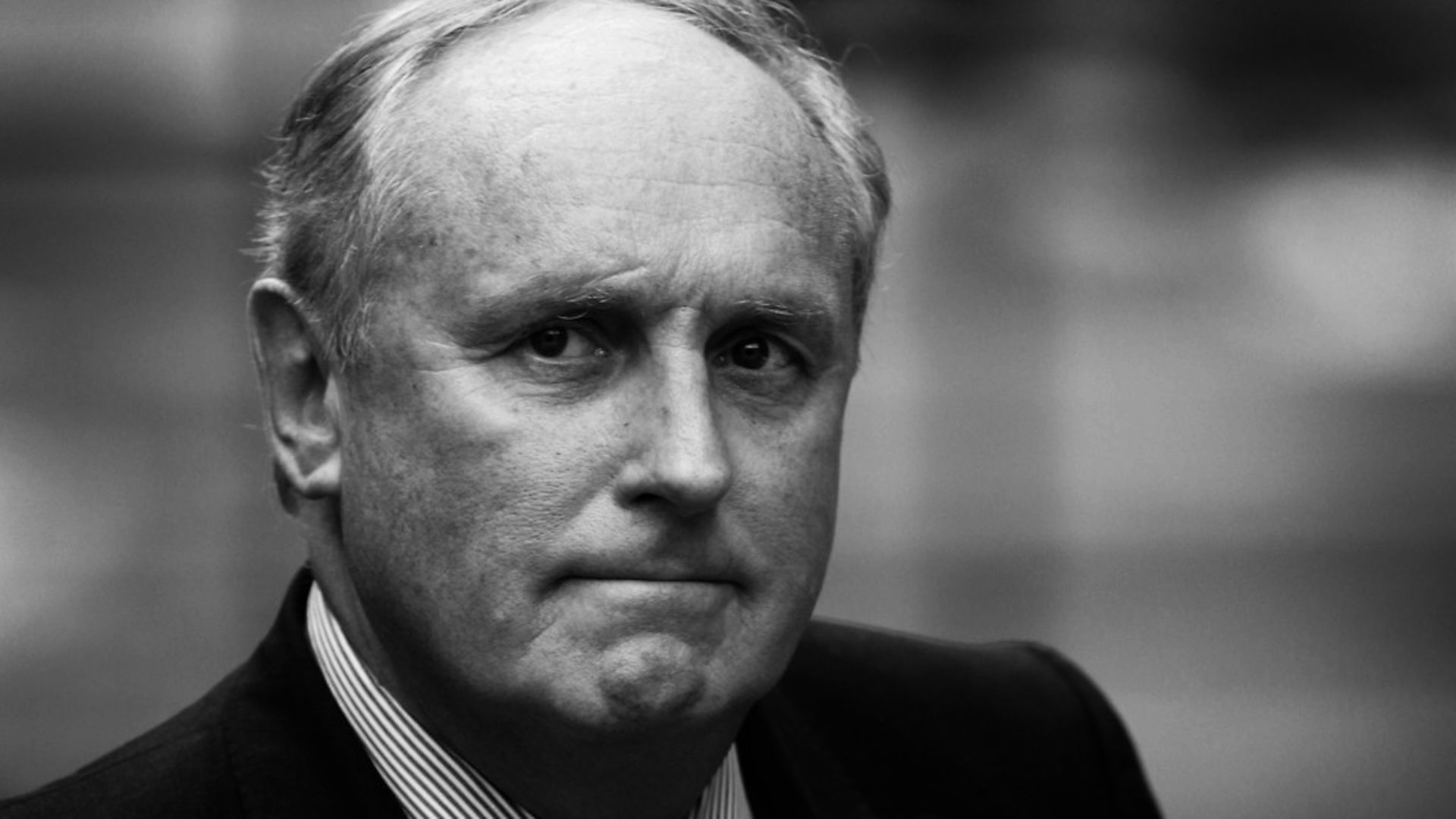The adversary was supposed to be China, yet they must be smiling at the mess. Instead of asserting American power, the Biden administration has conjured out of thin air a crisis with a country that historically is America’s oldest friend.
The damage to the Western alliance caused by AUKUS – the deal to provide nuclear-powered submarines to Australia – is as serious as it was avoidable.
By going behind the back of France, the United States, with Britain in gleeful tow, has confirmed in the minds of many Europeans that they need to find new allies in the world.
President Macron has long advocated what he calls “strategic autonomy”, the need for Europe to carve out a separate future for itself. The concept took root a decade ago when Barack Obama declared America’s “pivot to Asia”. The focus was no longer on the European continent.
Donald Trump merely accelerated that policy, adding bluster and venom along the way. He saw the Europeans, particularly Angela Merkel, as somewhere between irrelevant and loathsome. He made an exception for the populist fellow-traveller, Boris Johnson.
Some but by no means all European policymakers expressed delight at Trump’s demise. They convinced themselves that Biden would be different. He played to the gallery. At the (virtual) Munich Security Conference in February, the annual gathering of the global security establishment, the new US president affirmed his commitment to multilateralism and to transatlanticism. “America is back”, he declared.
Wiser heads in Berlin and Paris saw the change as cosmetic. They predicted the White House would continue to pursue an “America First” approach in all but name. They knew enough of Jake Sullivan, the national security adviser, to realise that Trump’s China policy would be hardened yet further.
It is within that context that this past week’s developments should be seen. It seems unlikely that Biden went out of his way to annoy the Europeans. Egregious insults were more Trump’s style. The motive was more pragmatic. Biden is intent in pursuing his China strategy and has identified allies whom he sees as best fitting that.
The uncomfortable truth for the EU, and particularly the French and the Germans is that Biden appears to have decided from the outset that he couldn’t quite trust them on issues of defence and security, particularly China. The Americans never have. The only people they share secrets with are “the five eyes” – the five English-speaking states that include Australia, Canada, New Zealand and the UK.
The Europeans seem determined to reinforce that stereotype. Days before he took office, Brussels agreed a draft trade deal with Beijing, something Washington saw as an act of defiance. It largely was. The official EU line is that China is a partner, competitor and rival.
In 2019 the Commission, largely prompted by the German business association, the BDI, issued a paper that was strongly hawkish. Since then, as the Americans see it, Europe has moved back to its more traditional, mercantilist approach, saying little on Hong Kong and going through the motions on the treatment of the Uighurs and other issues.
The Americans look around Europe and they see countries succumbing to China’s economic might. From Hungary to Greece, from Serbia to Italy, they see deals being done that give the Chinese a financial and political foothold.
This analysis, if somewhat pious (it ignores the influence that China has on Wall Street and Main Street), is not necessarily wrong. However, the AUKUS deal is almost certain to weaken transatlantic ties yet further.
Pretty much everything about its choreography was cack-handed. Did the White House forget that the day they chose for the announcement was on the eve of the launch of the EU’s own Asia-Pacific strategy?
Relations within Nato are as bad as they have been for years. Biden’s failure to engage with America’s allies during the disastrous exit from Afghanistan caused alarm. The Europeans are coming to the view that this was not an aberration. They wonder just how dependable the Americans really are.
Ahead of the COP26 climate conference, John Kerry, the White House special envoy, has sought to cajole and shame the Chinese into much deeper emissions cuts. These entreaties are being contemptuously wafted away. As for the Europeans, they have made by far the most radical pledges, but nobody seems to be listening.
The Germans have responded to AUKUS with carefully expressed concern. Underlying their diplomatic language is alarm about Biden’s behaviour. They fear for the future of Nato. The see a wedge being driven with Europe.
Macron has shown no such discretion. He and his ministers have gone on the warpath. His ostentatious recall of his ambassadors from Canberra and Washington will not play badly six months ahead of France’s presidential elections.
He chose not to take the same action against Britain, but only because he cannot be bothered. Relations between France and the UK are already poisonous, so Macron concluded that nothing further could be achieved with a government he sees as fundamentally dishonest. Pretty much everything that is being proposed on a bilateral level is being stopped.
Johnson, ever the showman, is crowing. This, to his mind, was a win-win-win. The deal provided the practical evidence of his post-Brexit “Global Britain”; he has been reassured by Biden that he holds no grudges for his love-in with Trump. And he has socked it to the perfidious French.
In this sordid piece of power-play, Britain has thrown in its lot once again with the Americans. The schism with Europe is pretty much complete. That is a sideshow.
What matters is that the transatlantic alliance is weaker now than ever before.
Indeed, some experts wonder whether it is getting close to the point of being beyond repair: just as the Chinese and Russians want it.




